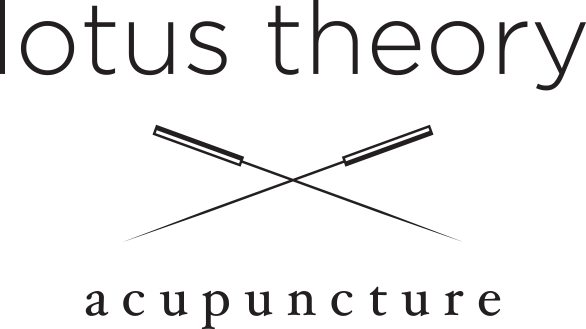You are sweet enough without sugar!
With Halloween and many holidays right around the corner, let’s take a moment to discuss your body on sugar. Did you know that some studies show that sugar can be more rewarding to the brain than cocaine (Ahmed et al, 2013)? Sugar can cause some of the same neurochemical changes in the brain as other addictive drugs leading to dependency (Avena et al, 2008).
It all starts in the mouth. When we consume processed sugars, our mouth produces acids to break down the sugar. When we go overboard, this can lead to these same acids breaking down the enamel of your teeth leading to cavities and decay. As sugars move into the gut, they break down into glucose and fructose to be absorbed, but here the problem lies in the fructose. Some people have a hard time absorbing excessive amounts of fructose, and this can lead to “leaky gut” or irritable bowel disease.
We all know that too much sugar can cause the pancreas to produce too much insulin to keep our blood sugar in check and as the body becomes more resistant to insulin, diseases such as Type 2 Diabetes become more prevalent. Not only does sugar causes fatigue after your body has worked so hard to regulate your blood sugar levels, but your brain has gotten a huge dopamine hit, like that of addictive drugs, causing you to crave more sugar.
The liver has the job of converting all this extra fructose into fat, which can lead to a risk of weight gain and cardiovascular disease, additionally causing high blood pressure and high levels of cholesterol. Lastly, what I see and treat mostly in my practice is inflammation in the joints caused by a buildup of uric acid in the joints, sometimes leading to gout.
Now that you have seen a full breakdown of the atrocities sugar can have on the body, remember, there is nothing wrong with a little bit of sweets here and there. It’s when we go overboard and become addicted that serious complications may start to present themselves.
I have attached a link from the New York Times that explains all of this physiology in more detail. Enjoy and “just say no, “ haha!
Ahmed, S. H., Guillem, K., & Vandaele, Y. (2013). Sugar addiction: pushing the drug-sugar analogy to the limit. Current opinion in clinical nutrition and metabolic care, 16(4), 434–439. https://doi.org/10.1097/MCO.0b013e328361c8b8
Avena, N. M., Rada, P., & Hoebel, B. G. (2008). Evidence for sugar addiction: behavioral and neurochemical effects of intermittent, excessive sugar intake. Neuroscience and biobehavioral reviews, 32(1), 20–39. https://doi.org/10.1016/j.neubiorev.2007.04.019

